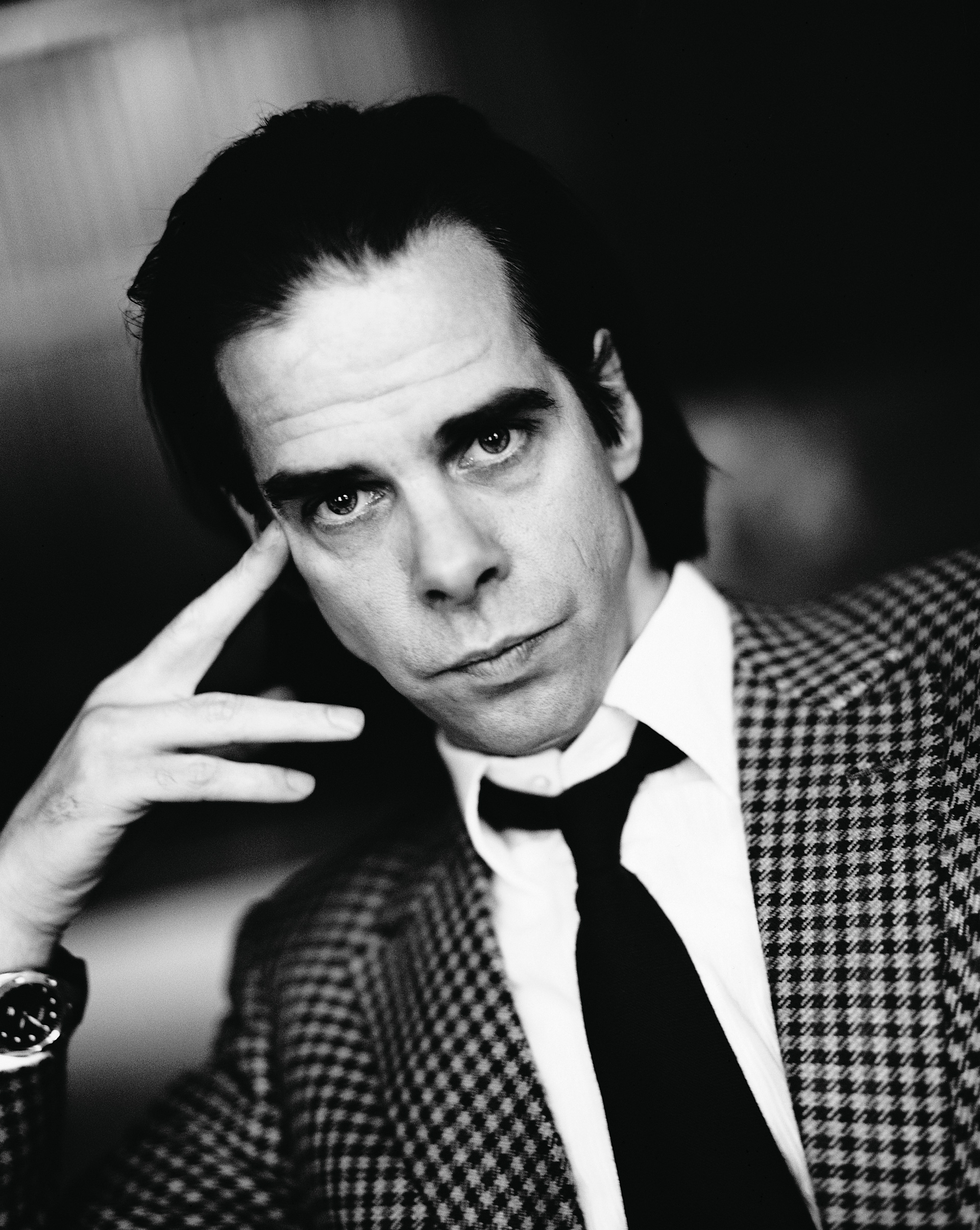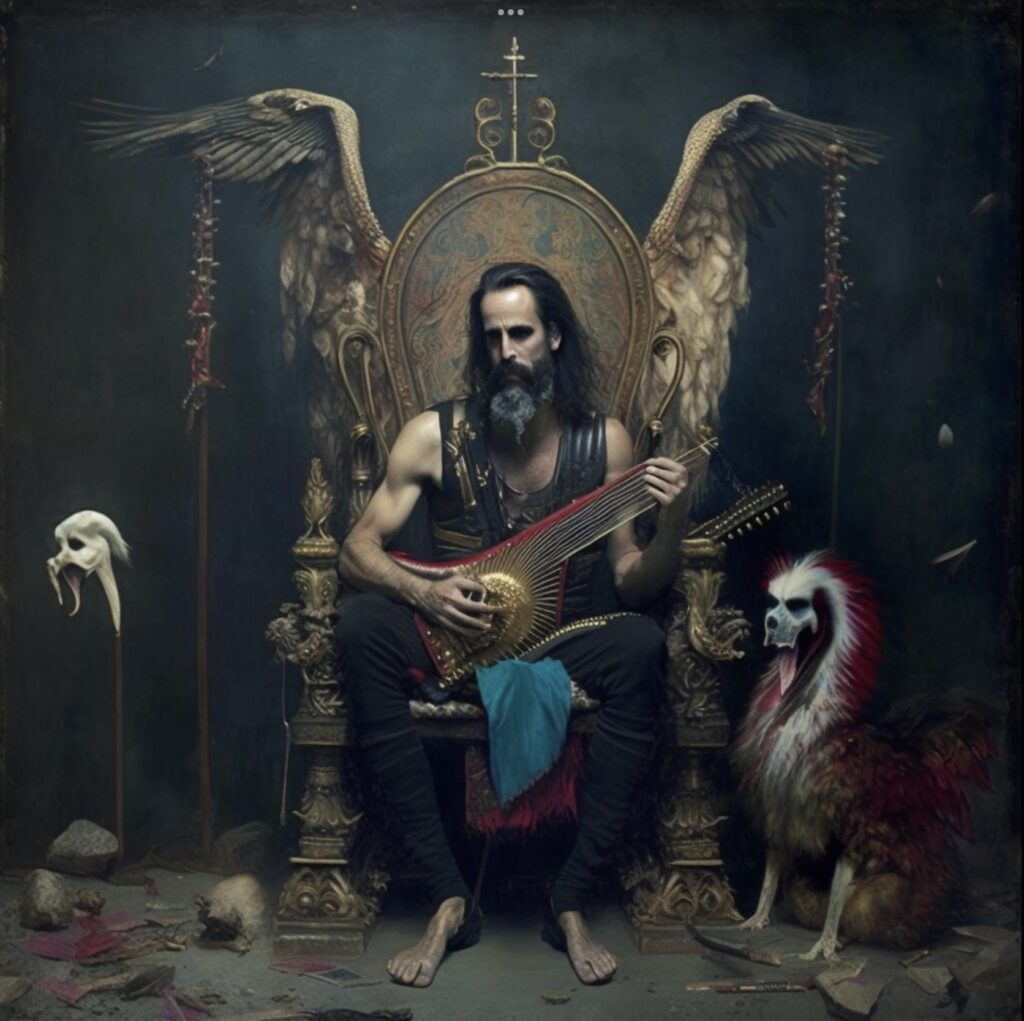The musician Nick Cave recently gave a very moving interview with the New Yorker in which he explored the profound sense of loss and grief he experienced following the tragic deaths of his two sons.
https://www.newyorker.com/culture/the-new-yorker-interview/nick-cave-on-the-fragility-of-life
His wisdom offers us a path forward on how best to navigate such world-shaking incidents and how to transmute a destructive life event into a regenerative act of creation.
We do not have a timed birth chart for Nick Cave and this is not an attempt to prove astrological causation. This is instead a prism into which we can explore the themes surrounding the planet Pluto and how it may affect our lives.
Pluto is the planet of power, control, and destruction/regeneration. It represents the Underworld, the cycle of death and rebirth, and the ability to transform and renew. Imagine a volcanic eruption of purifying fire, unearthing what is buried. It is a violent act, one in which transforms the earth itself.
Nick Cave: “Grief is extraordinary in its capacity to completely alter us on an almost atomic level. Suddenly, we inhabit a different body. Our relationship with everything seems to change. It’s as if we’re simply a different person.”
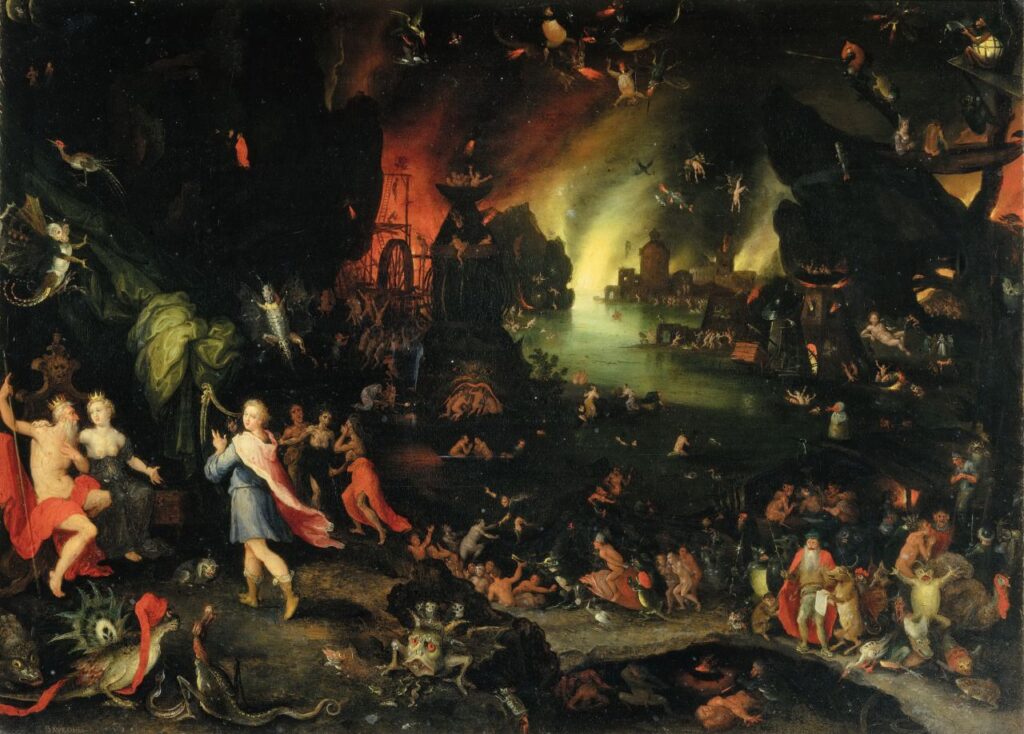
In one of Pluto’s myths, legendary musician and poet Orpheus, descends into the Underworld in attempt to retrieve his bride, Eurydice, who died at the hands of a venomous snake on their wedding night. Orpheus stands before Pluto and plays a song so haunting that even Pluto cries at its beauty.
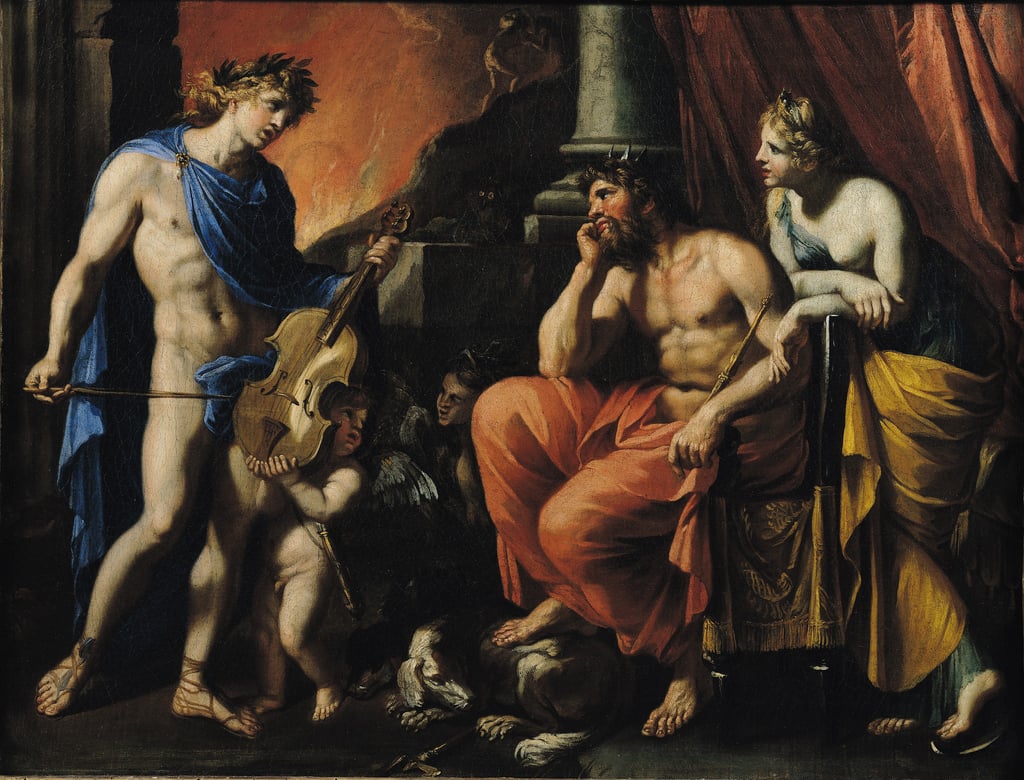
In return for this beautiful creative act, Pluto allows Orpheus to return with his bride to the earthly plane. There is only one condition: he must not look back as he departs the Underworld. As Orpheus and Eurydice walk hand and hand into the light of day, Orpheus, unable to resist looking back at his wife, turns around. Eurydice, on the threshold of life and death, falls away, and returns to the cthonic realm of the dead.
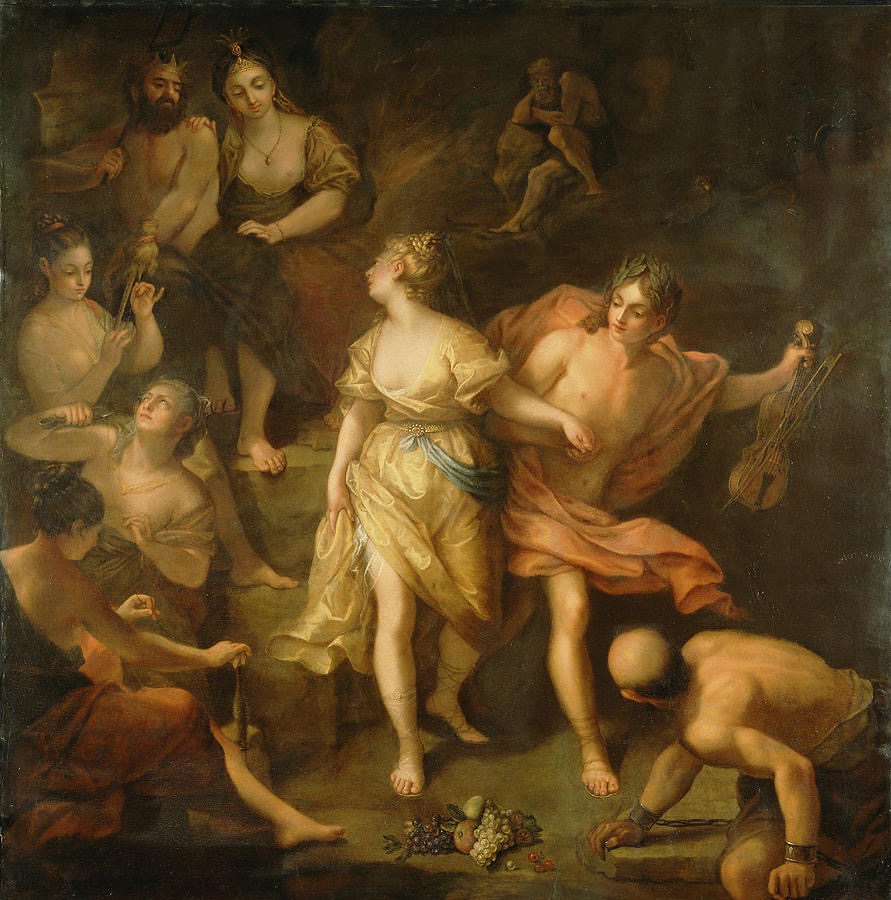
In 2019, Cave released the album “Ghosteen”. The album was an attempt to create an imaginal landscape, one in which the spirit of his son could inhabit.
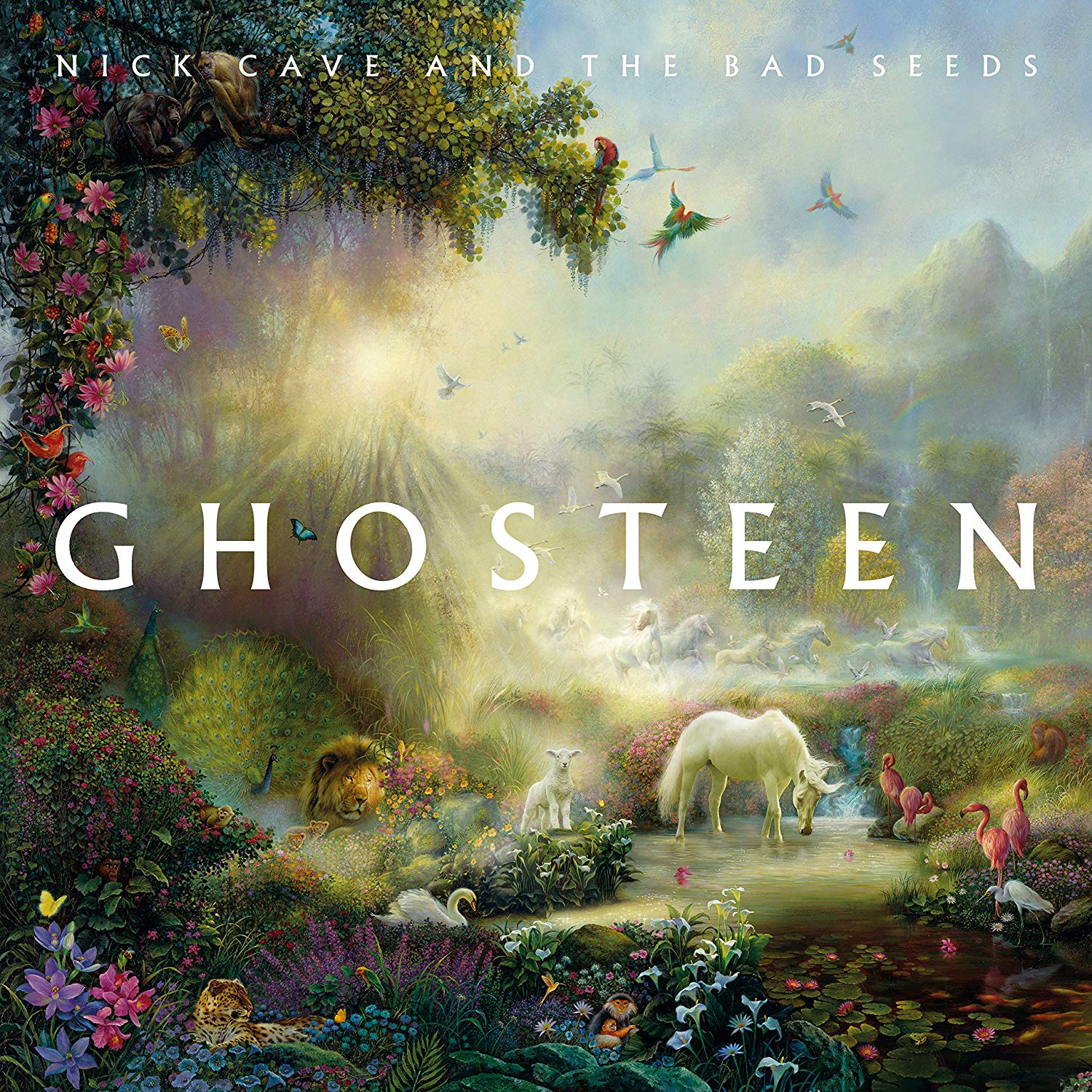
Nick Cave: “I was inside—deep inside—my grief. There were all manner of things that seemed possible in that space. I don’t reject those feelings at all. In the book, I call it the impossible realm, which is not the imagination—it’s adjacent to the imagination and in close proximity to death. It’s a place where one has a sharpened awareness of the essentialness of things, and of the divine. I had a very real feeling at that time that I could help Arthur’s spiritual condition—which really worried me—by creating beautiful music to surround him with.”
Cave, in this way, mirrors the story of Orpheus, as both musicians experience the loss of a loved one and attempt to revive their lost love through song.
“For some time, he was just there, you know, beside me, as a spiritual companion. I would, in my way, discuss things with him. There was an actual relationship that went on, Arthur parenting me in my distress. I felt protected and emboldened by his presence.”
Yet unlike Orpheus, Cave appears to have learned the lesson of letting go.
Cave: “People harden around the absence of a person they loved who has passed on. There’s a deification of this absence. I think this is an extremely problematic situation to get yourself into, and it’s not uncommon—living your life inwardly, focussing in on the dead rather than focussing outwardly on life and living. It’s a difficult thing to negotiate early on. But it’s essential that that happens. It can be difficult and sad, because it is the kind of letting go that no one wants to do. But necessary.”
The story of Orpheus, and Cave, illustrates how a stable, tranquil life can suddenly be upended by Plutonian themes death and destruction. But, if we push forward through the trauma, if we accept that change is part of the natural rhythm of life, we may emerge on the other side more whole in some way.
Nick Cave: “We suffer as human beings, but out of that can come enormous joys, and genuine happiness, too. It can run in tandem with this ordinary sense of suffering. Otherwise, joy doesn’t resonate fully. Joy seems to leap forth out of suffering.“
The entire interview is well worth a read. In it, Cave displays a deeply human spirit, full of poetry and warmth, and reveals himself to be kinder and gentler than his music might first suggest. In addition, he has some sharply pointed words for the recent trend in AI which appears to be a function of Saturn/Neptune in Pisces.
“It feels like such a mockery of what it is to be human. A.I. may very well save the world, but it can’t save our souls. That’s what true art is for. That’s the difference. So, I don’t know, in my humble opinion ChatGPT should just fuck off and leave songwriting alone.”
For anyone that has messed with AI art, there’s often a sort of sinister distortion to the human form. Grinning limbs, bubbling eyes, and seething mouths appear out of nowhere, lending the art a grotesque quality. It is an imitation of art.
